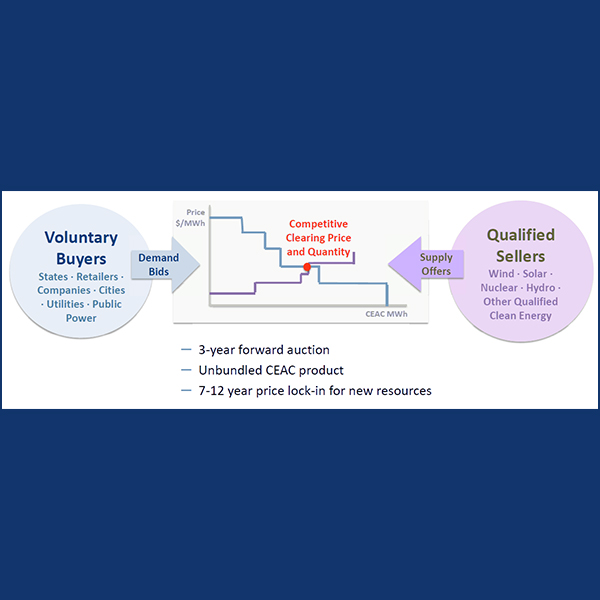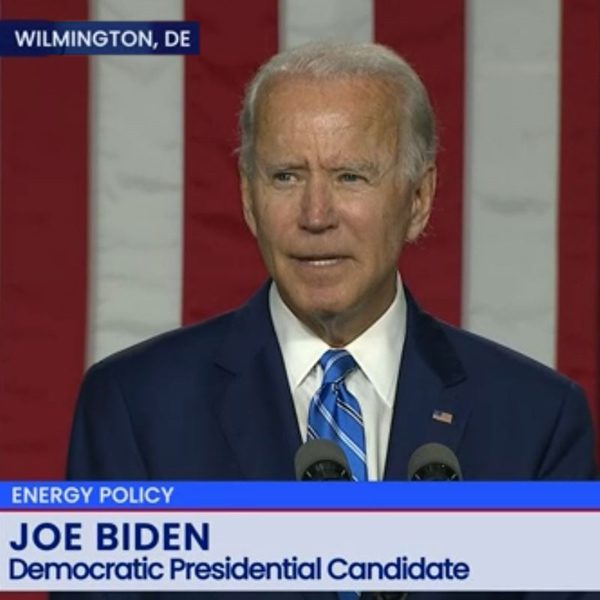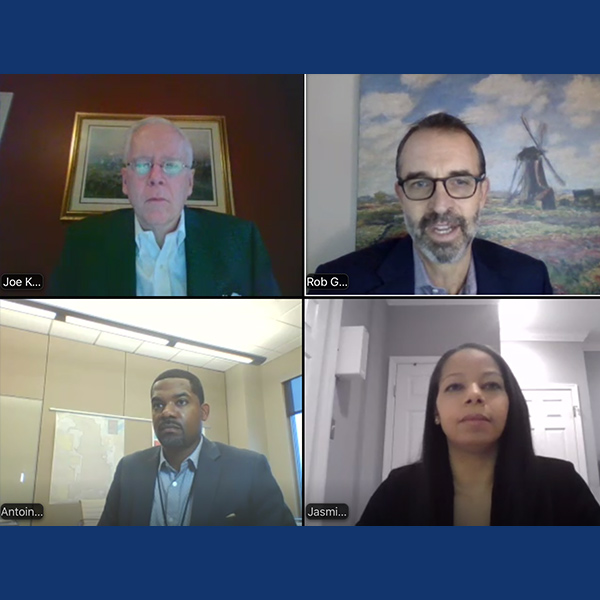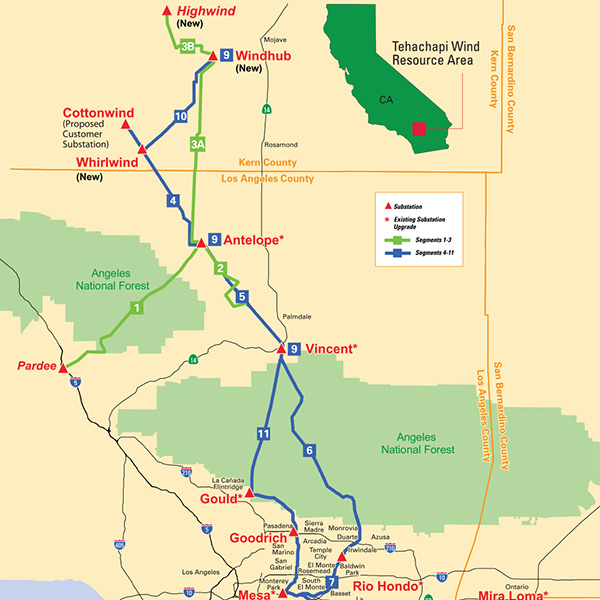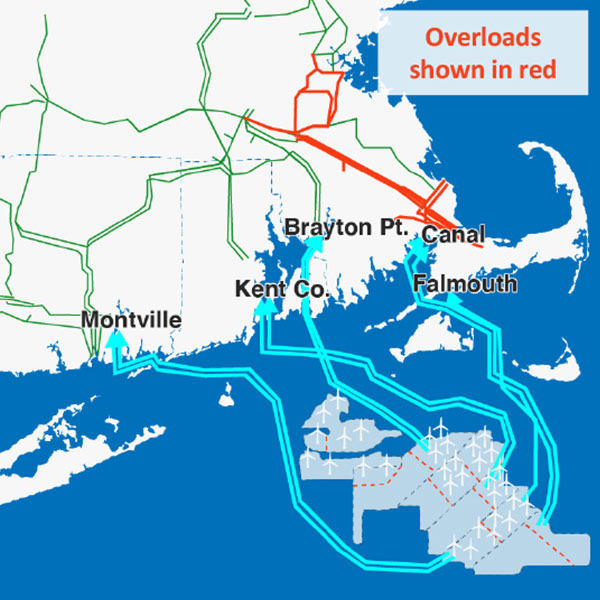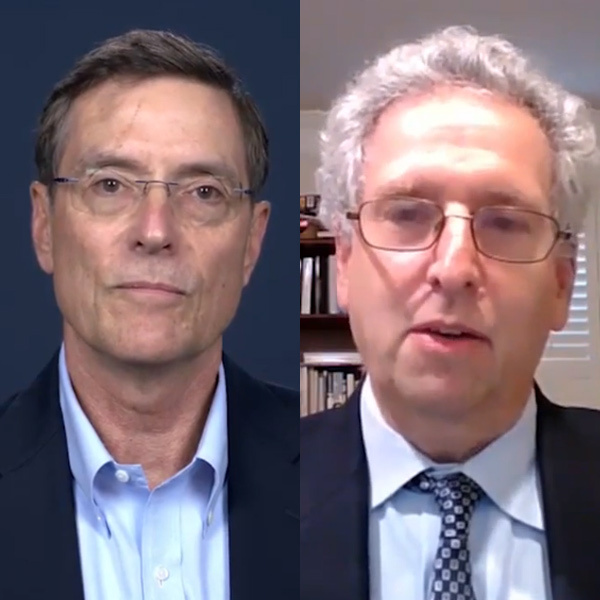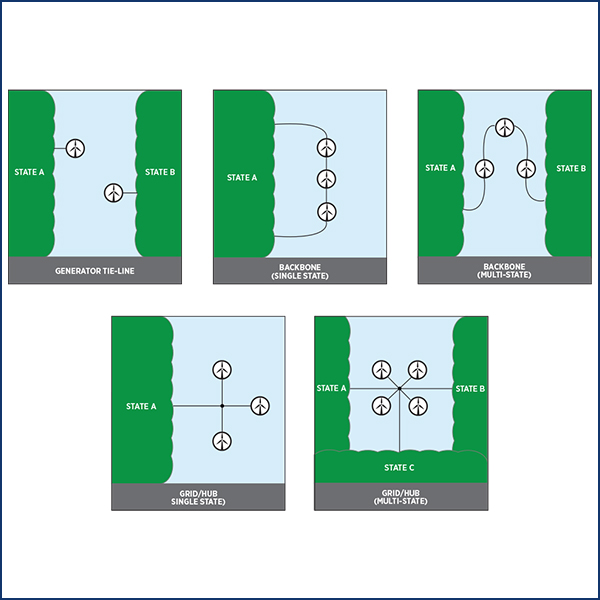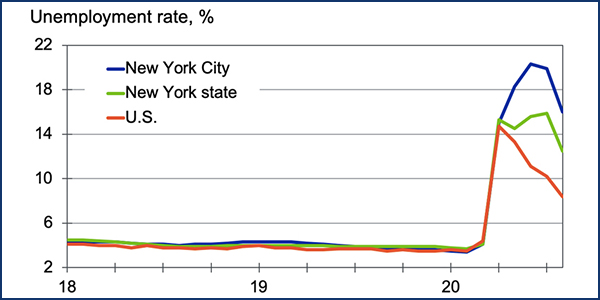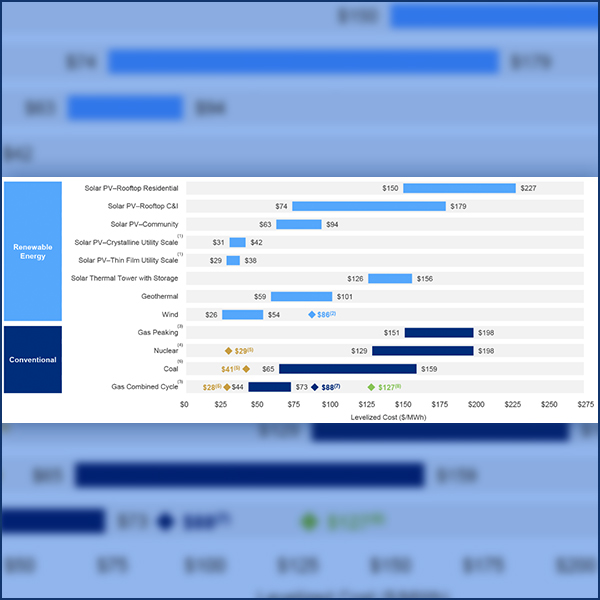FERC & Federal
The Federal Energy Regulatory Commission is an independent regulatory agency that oversees the transmission of electricity, natural gas and oil in interstate commerce, as well as regulating hydroelectric dams and natural gas facilities.
New England stakeholders considered if a forward clean energy market would help state meet their clean energy goals within ISO-NE’s markets.
West Coast wildfires, record-breaking heat waves and more than two dozen tropical storms have made climate change an issue impossible for voters to ignore.
U.S. transmission system requires restructuring and greater alignment with public policy goals, industry insiders said at WIRES’ fall meeting.
Can single-state transmission projects like California's Tehachapi and Texas’ CREZ serve as models for offshore wind on the East Coast?
Efficient development of offshore wind transmission requires changes to planning, interconnection and cost allocation procedures.
MISO officials, stakeholders and academics discussed the challenges of operating a grid with increasing renewables and uncertainty.
Offshore wind advocates are calling for changes to RTO transmission planning and cost allocation rules to reduce costs and development risks.
The Colorado PUC dismissed formal complaints filed against Tri-State G&T, saying it lacked legal jurisdiction to rule on the proceeding.
New York health indicators are now pointing in the right direction, but it faces a long road to economic recovery, Moody’s told NYISO.
FERC Commissioner Glick promotes cooporation between states, RTOs and FERC in moving toward renewable energy.
Want more? Advanced Search
